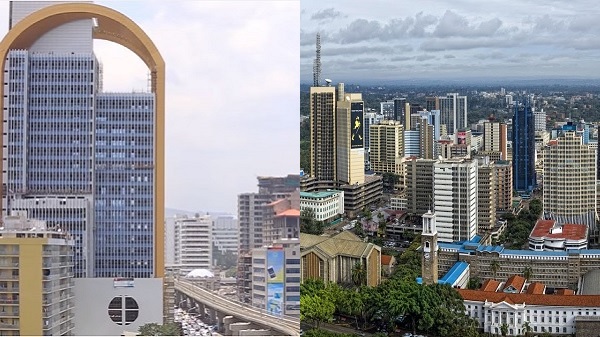
New Africa Risk-Reward Index provides investors with a synthesis of risks and opportunities across the African continent
JOHANNESBURG, South Africa (APO)–Africa’s economic giants, Nigeria, South Africa and Egypt, have been stumbling recently. Rising security risks and political instability in Egypt, economic downturn and militancy in Nigeria and escalating political risks in South Africa led to doubts whether the balance between risks and opportunities in these markets is still favorable for businesses. Despite recent recovery in Nigeria and South Africa, Kenya and Ethiopia might soon outshine these heavy-hitters in the competition for investment, according to the newly released Africa Risk-Reward Index developed by Control Risks and Oxford Economics.
Key findings of the Africa Risk-Reward Index report:
- Ethiopia outperforms every African peer with its high reward score of 8.0. Notably, it attracted $3.2bn of foreign direct investment in 2016 – more even than Nigeria, and double the figure for Morocco. The East African nation is one of Africa’s fastest growing economies and continues to offer strong prospects. Growth averaged 10% from 2010 to 2015 and although 2016 growth was slower at 6.5% the expansion remains impressive. However, the omnipresent role of government in the economy raises concerns relating to public sector efficiency and financial management. External debt is expected to increase to 38.7% of GDP by the end of this year, leading to a risk score of 5.8.
- Kenya has achieved a period of strong GDP growth amid relative political stability: real GDP growth averaged at 6.0% in 2010-16. The 2017 growth forecast is at 5.4%. The country’s reward score is 6.7. A well-educated workforce and an innovative service sector, the government’s continued investments in upgrading critical national infrastructure, and deepening integration with its neighbors through the East African Community (EAC) all allow the country to act as a gateway into the larger East Africa region. Current fiscal concerns and a political system that remains closely tied to ethnic affiliation contribute to a risk score of 5.6 and reflects considerable room for improvements.
Read the complete story at Control Risks
——
See also:
- The Veins of Ethiopia’s Growth ― The Hindu
- Ethiopia Eyes Role in DP World-Managed Port in Somaliland
- Mauritius and Ethiopia Are the Fastest Growing Wealth Markets in Africa, Report
- World Bank’s Global Outlook Considers Ethiopia as the World’s Second Fastest-growing Economy
- EVENT: The 8th ADDISBUILD International Construction, Construction Materials and Technologies Exhibition
